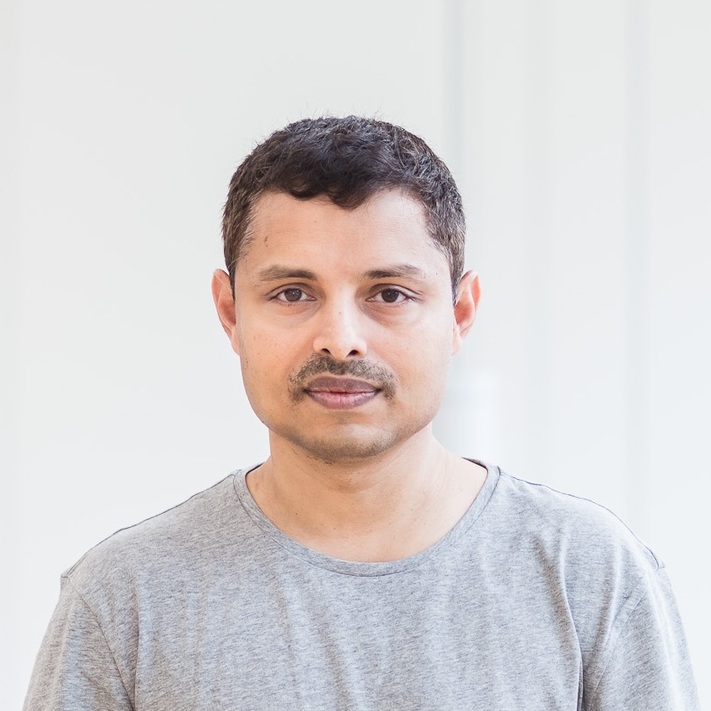Organisation
Program Chairs
 Rahul Gopinath
Rahul Gopinath
CISPA, Saarland University
 Jie M. Zhang
Jie M. Zhang
University College London
Mutation is widely acknowledged as one of the most important techniques to assess the fault-revealing ability of tests. In recent years, mutation has gained popularity both in academia and research, with several companies and research projects attempting to incorporate mutation to the development life cycle. Mutation analysis has traditionally targeted the source code but has also been successfully applied to various artefacts at different levels of abstraction. Examples of such artefacts include: database schemas, finite state machines, various model notations, security policies, software product lines, etc. Mutation has also been employed to solve various research problems including the Test Oracle Problem, Fault Localisation and Debugging, Defect Prediction, etc. To this day, the mutation field continues to expand with an increasing trend of high quality publications.
Mutation 2020 is the 15th in the series of international workshops focusing on mutation analysis. The workshop will be co-located with the 13th International Conference on Software Testing, Verification, and Validation (ICST 2020). Accepted papers will be published as part of the ICST proceedings.
The Mutation workshop aims to be the premier forum for practitioners and researchers to discuss recent advances in the area and propose new research directions. We invite submissions of both full-length and short-length research papers and especially encourage the submission of industry practice papers.
Mutation is widely acknowledged as one of the most important techniques to assess the quality of tests. In recent years, mutation has gained popularity both in academia and research, with several companies and research projects attempting to incorporate mutation to the development life cycle. Mutation analysis has traditionally targeted the source code but has also been successfully applied to various artefacts at different levels of abstraction. Examples of such artefacts include: database schemas, finite state machines, various model notations, security policies, software product lines, etc. Mutation has also been employed to solve various research problems including the Test Oracle Problem, Fault Localisation and Debugging, Defect Prediction, etc. To this day, the mutation field continues to expand with an increasing trend of high quality publications. The Mutation workshop aims to be the premier forum for practitioners and researchers to discuss recent advances in the area and propose new research directions. We invite submissions of both full-length and short-length research papers and especially encourage the submission of industry practice papers.
Topics include, but are not limited to:
Three types of papers can be submitted to the workshop:
Each paper must conform to the two columns IEEE conference publication format and must be submitted in PDF format via EasyChair. Submissions will be evaluated according to the relevance and originality of the work and to their ability to generate discussions between the participants of the workshop. Three reviewers will review each paper and all the accepted papers will be published as part of the ICST proceedings.
We encourage authors of accepted papers to submit an extended
version of their paper to a special issue on
 Rahul Gopinath
Rahul Gopinath
 Jie M. Zhang
Jie M. Zhang
Please find the recorded videos of the accepted papers here.
Summary of brainstorm discussion: Brainstormtxt
| (GMT+1 Time). |
. |
| 12:40-13:05. |
Warm Up. |
| 13:05-13:15. |
Welcome. |
| 13:15-14:30. |
Keynote: Commit-Aware Mutation Testing. |
| 14:30-14:45. |
On the impact of timeouts and JVM crashes in Pitest. |
| 14:45-15:00. |
Using mutation testing to measure behavioural test diversity. |
| 15:00-15:15. |
Virtual coffee break. |
| 15:15-15:30. |
SiMut: Exploring Program Similarity to Support the Cost Reduction of Mutation Testing. |
| 15:30-15:45. |
Predicting Survived and Killed Mutants. |
| 15:45-16:00. |
Fault Types of Adaptive and Context-Aware Systems and Their Relationship with Fault-based Testing Approaches. |
| 16:00-16:15. |
MutantDistiller: Using Symbolic Execution for Automatic Detection of Equivalent Mutants and Generation of Mutant Killing Tests. |
| 16:15-15:00. |
An Approach to Identifying Minimal and Equivalent Mutants Based on Source Code Structure. |
| 15:00-16:45. |
Virtual coffee break. |
| 16:45-17:15. |
Brainstorm on mutation analysis for new systems: Machine Learning Systems; Smart Contracts & Blockchain. |
| 17:15-17:30. |
Award presentation and wrap up. |
Please vote for best presentation here. (The poll refreshes during each presentation. Hence, please vote before the next presentation.)
Please use the general ICST2020 registration site. Early bird registration available until February 11th, 2020.